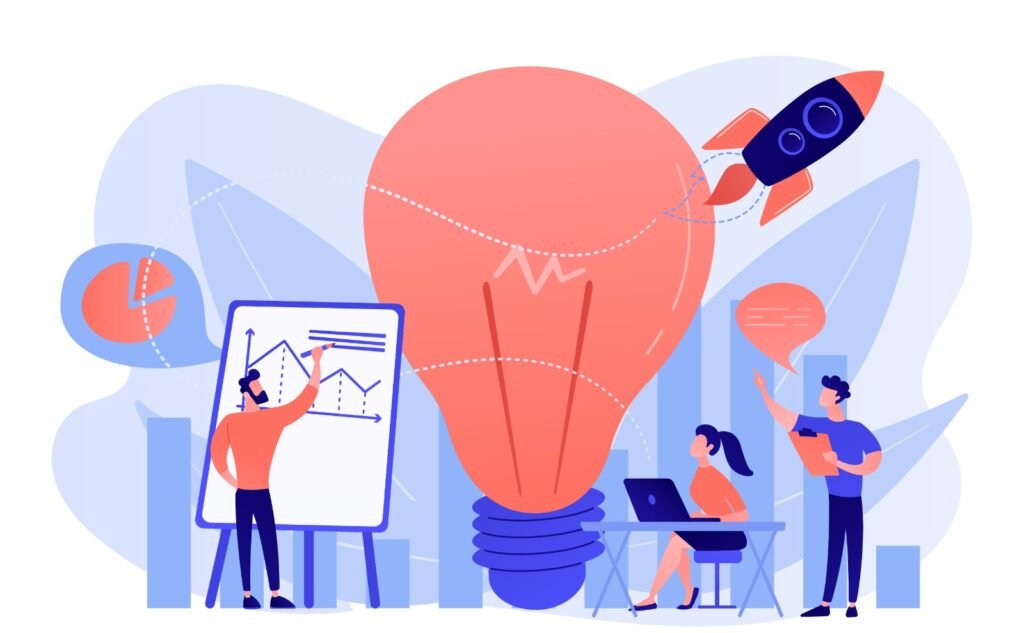Why do start-ups fail?
Particularly among Indian youth, start-up firms have grown in popularity in recent years. But not every start-up is successful. Everyone aspires to be an entrepreneur in light of prominent start-ups like Nykaa, Zomato, etc’s meteoric success. Let’s examine the causes of start-up failure in greater detail: 1. Burned out Burnout was cited as the cause of failure in most start-up companies. A start-up business may experience burnout due to a lack of creativity, incorrect work-life balance, stagnation in growth and team interest, and other factors. Overworked start-up founders eventually experience a loss of motivation and excitement. So, it’s crucial to recognize when your efforts are in vain, cut your losses, and shift your focus to something more fruitful. 2. Pivot went wrong From Burbn to Instagram, is among the most well-known instances of a successful pivot. Correctly executed pivots can be a quick route to achievement. On the other hand, if a pivot is done incorrectly, even a high-profile start-up company could incur unthinkable losses. Therefore, pivots should be carefully planned and carried out to prevent unfavorable outcomes. 3. Poor product A newly founded start-up is frequently killed off by the product rather than the employees. Adversarial sales techniques only work when you have confidence that the caliber of your services will live up to what you’re promising. Similar to this, neglecting consumer requirements and expectations in favor of implementing your idea will fail. A successful start-up company needs to be able to read trends and modify goods. 4. Product mistimed A product’s success or failure is greatly influenced by the timing of its release. A quality product, however, does not ensure success. If you introduce it to the market too soon, people might ignore it, and if you introduce it too late, you might miss your window of opportunity. 5. Not the right team A start-up company needs a wide range of talented people to stay afloat. Failing startups lament their inability to amass the necessary employees for their endeavors. The following factors usually cause a new start-up to fail inadequate management, hiring of inexperienced personnel, and frequent leadership changes. 6. Pricing/cost issues It takes skill to balance a product’s price so that it is both high enough to make a profit and low enough to draw customers. A company that consistently loses money may eventually lose its investors and may even go bankrupt. 7. Regulatory or legal challenges In principle, some start-up companies make perfect sense. However, during execution, they may run into several legal issues that could ultimately result in their shutdown. Changes in governmental regulations, an inability to satisfy consumer demands, and financial difficulties are frequent causes of legal disputes. 8. Flawed business model A dynamic business model is necessary for a company to be successfully operated. Consequently, operating a successful business venture does not need to follow a single, inflexible corporate ideal. Investors may be reluctant to make additional investments in your company if you don’t take advantage of opportunities or develop novel ways to generate large amounts of revenue. 9. Got outcompeted There are instances when the market is too crowded with comparable items for a new one to prosper. While it’s common advice for young and rising businesses to ignore market rivalry, doing so will only make matters worse as rivals will want to take advantage of your prospects. 10. Ran out of cash or failed to raise new capital The most frequent cause of failure is the inability to secure further funding for their operations. A fledgling company’s most valuable assets are money and time and failing to obtain funding from investors means that the company is doomed. Therefore, it is essential to have a compelling pitch and reliable data showing your likelihood of success in the future. Your start-up will fail before it even gets off the ground if you can’t persuade the investors of your potential.
Why do start-ups fail? Read More »




